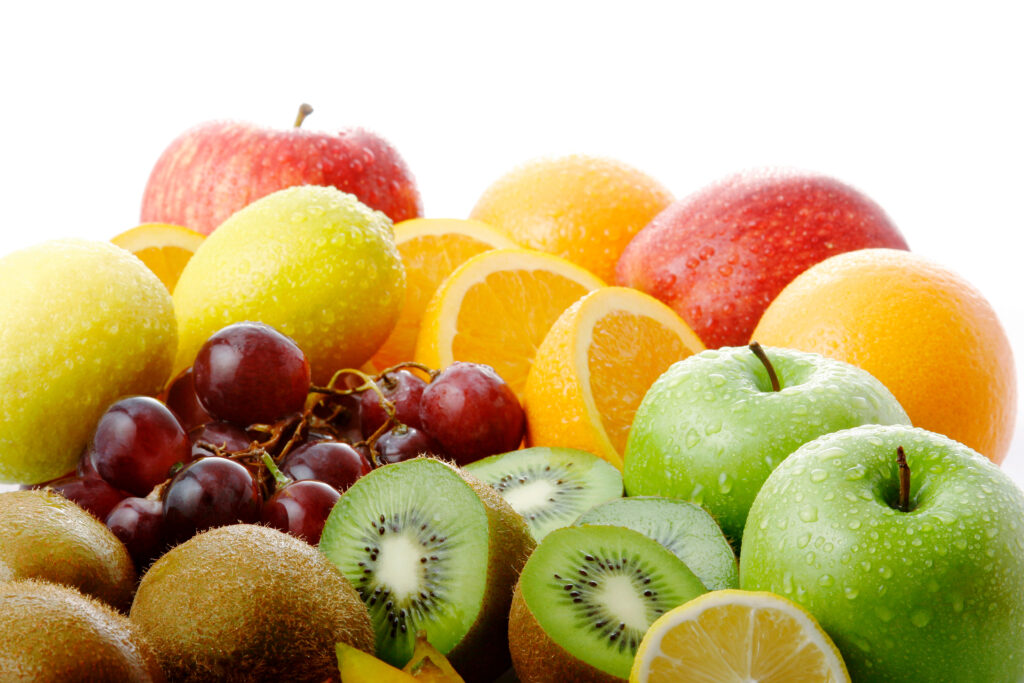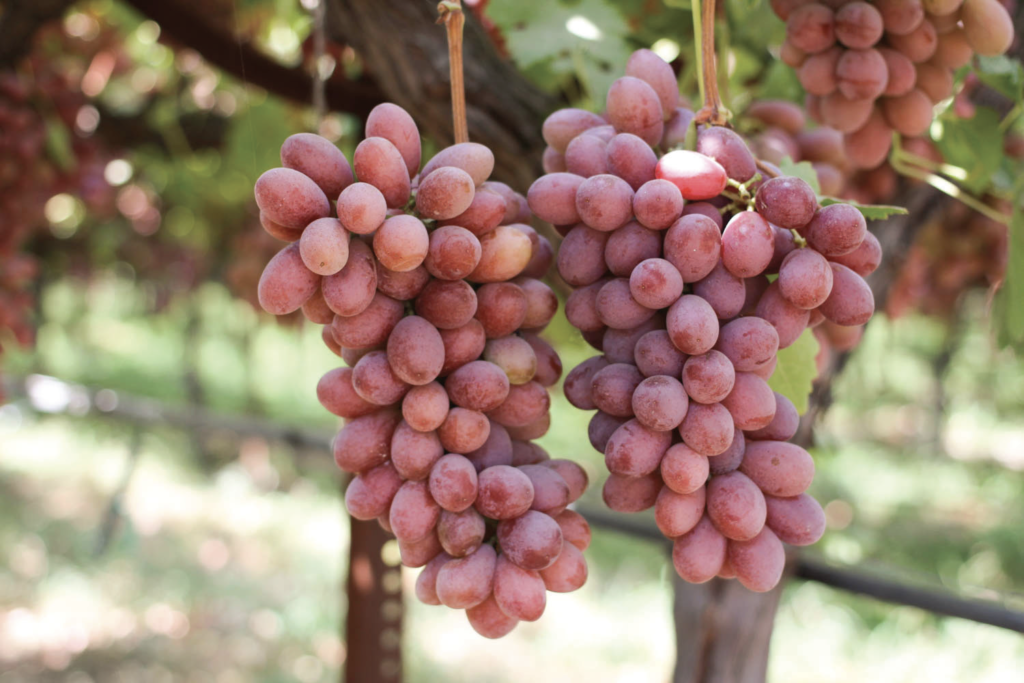Aug 23, 2024
Sweeter organic fruit could harm American diets
Does an emphasis on sweetness of new organic fruits signal trouble for American diets? Organic Produce Network Connect talked to a top distributor and a nutritionist to find out.
New varieties of fruits with eye-catching, sugar-fueled names continue to hit the market, reflecting a growing trend.
Despite their sweetness, these products have a similar nutritional content to traditional fruit and can offer added benefits.
As Americans battle against a deluge of added sugars in packaged foods and many other facets of the modern diet, new varieties of fruits with eye-catching, sugar-fueled names continue to hit the market.
From Cotton Candy grapes to Sweet Karoline blackberries, these specialty organic fruit varieties seem like the healthy answer to our nation’s collective sweet tooth. But should we be concerned with these products’ purposefully high-sugar levels?
“These items really stand out. Yes, they’re sweet, they’re rare and they’re more expensive too,” said Robert Schuller, director of public relations for Melissa’s. “We are seeing double-digit growth in the organic, high-end, luxury experience.”

Highlighting the sweetness of the fruit is no accident, Schuller said. As the largest distributor of organic produce in the U.S., Melissa’s sells nearly 375 varieties of organic produce from across the globe, including hyper-sweet fruits like Cotton Candy grapes and Sweet Pumpkin persimmons. In some cases, Melissa’s is the exclusive U.S. distributor of some of these high-end, specialty organic fruits.
“When you introduce fruit into the U.S., the company gets a chance to name it,” Schuller said. “(Melissa’s) has named more fruits than any company has ever named.”
Schuller admits there is “not a lot of science” behind produce names. For the Sweet Pumpkin persimmon, both the pumpkin-like flavor and “clear, defining sweetness” were the focus.
In fact, Schuller did not hesitate to focus on the alluring sugar content of the commodities, considering the high brix levels their best selling point, as opposed to a forbidden aspect of the fruit.
“Produce is looked upon as the healthy alternative. No one is ever concerned about sweetness and it’s not uncommon for retailers to share and publicize brix levels,” he said. “Most growers grow to obtain a great level of sweetness. I laugh at the idea (of downplaying sweetness).”
According to the American Heart Association, Americans consume two to three times the recommended amount of added sugar each day — totaling 60 pounds of added sugar by year-end.
Sugar, but the right sugar
However, it’s not just how much sugar is ingested; it’s also about how quickly. Fruits contain other healthy elements, like fiber, that slows down the absorption of sugar. Soft drinks or candies release sugar into the bloodstream all at once.
“Fruit is a great thing to have in our diet daily,” said Shannon Funke, clinical dietitian at the Ohana Center for Child and Adolescent Mental Health in Monterey, California. “One thing that is great about fruit is it has a lot of fiber, which really balances the sugar content.”

Funke has bought SunGold kiwis and Cotton Candy grapes, and said the sugar content of these hyper-sweet fruits does not concern her.
“Food is my thing. Whenever there is something new and fun I want to jump on board and try it,” Funke said. “If it’s a fun way to get fruit in, especially with kids’ diets, I typically don’t worry about it. Any way we can support getting fruit into people’s diets I’m all for it. I think it’s great.”
Funke has heard no warnings for these hyper-sweet fruits, but guidance does change.
“In the nutrition world you have to take everything with a grain of salt,” she said. “Any trend or statement that we put out is science. It is going to continue to change and grow.”
Added benefits
Funke dove into the nutritional content of these fruits for OPN, and discovered that super-sweet varieties were nutritionally the same—or better. Funke reported SunGold kiwis contain twice the vitamin C as a regular green kiwi.
“In general they are all very close to each other in carbs, fibers and sugars,” Funke said. “It’s interesting to see the differences and compare. Sometimes they do contain more nutrition than the normal ones do.”
As Americans continue to fall short of the recommended five daily servings of fruit, experts agree consumers can enjoy how sweet it is to savor these specialty fruits.
“If there’s something super extreme, I usually have an inkling, but this doesn’t feel this way for me. It’s really just a cross-breed or taking out an enzyme that changes the color,” Funke said. “It sounds weird to say Cotton Candy grapes are natural, but this seems natural.”
— Caitlin Fillmore, freelance writer for the Organic Produce Network
Caitlin Fillmore is a native Midwesterner and former farmer who now lives in the agricultural setting of the Central Coast of California. She has worked as a freelance writer for nearly 20 years, covering everything from nuclear weapons to new wineries.









